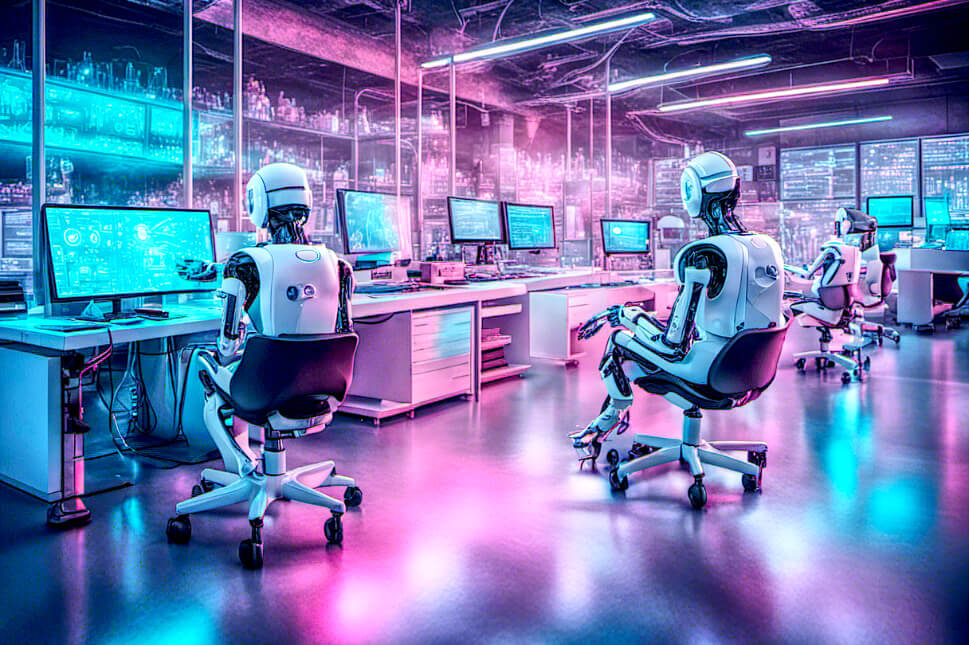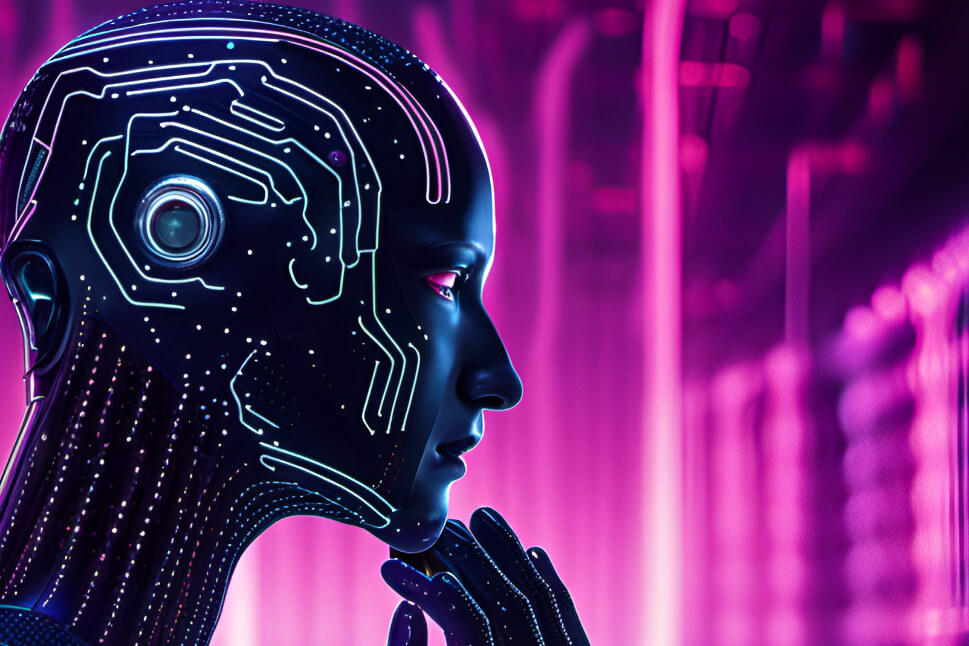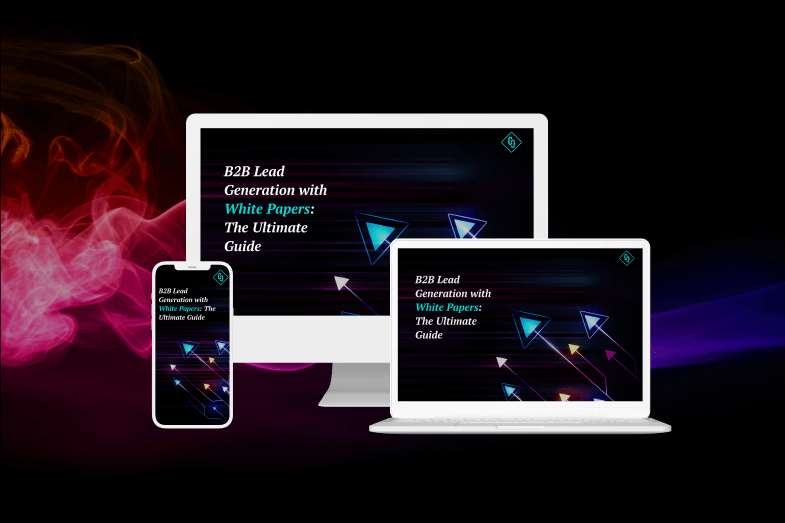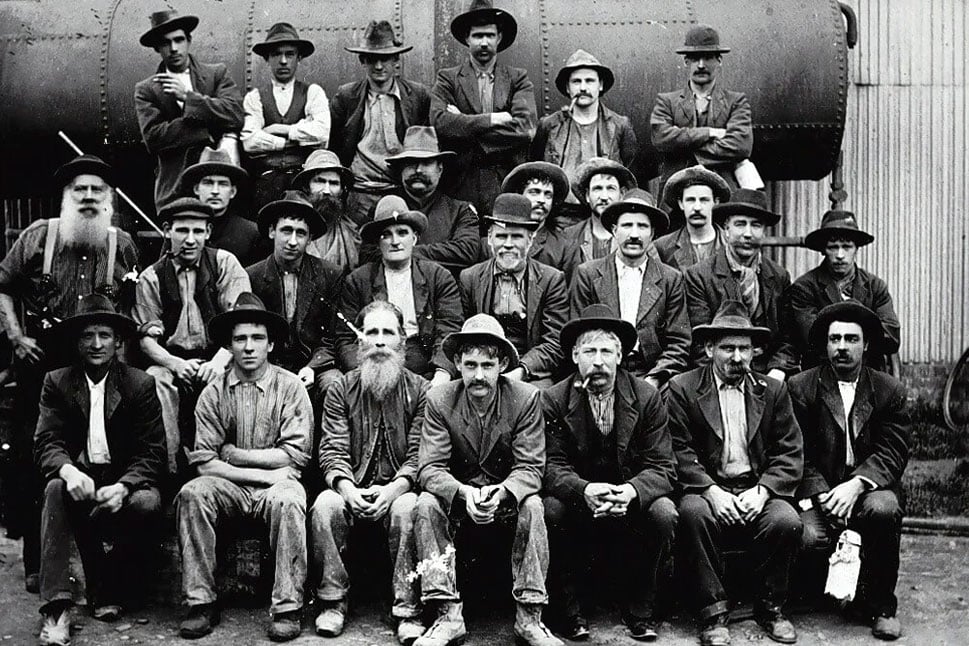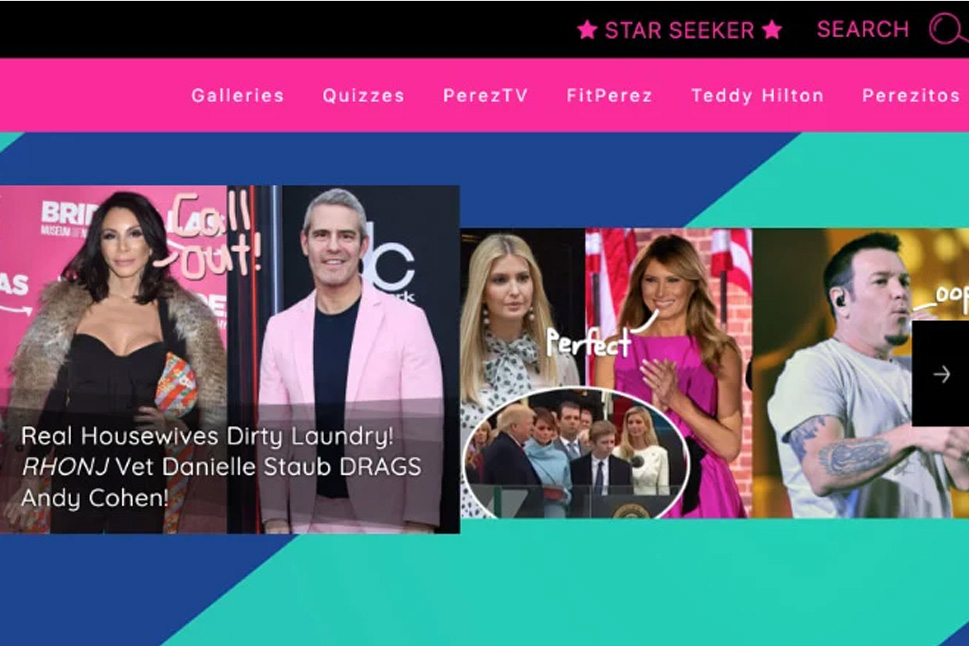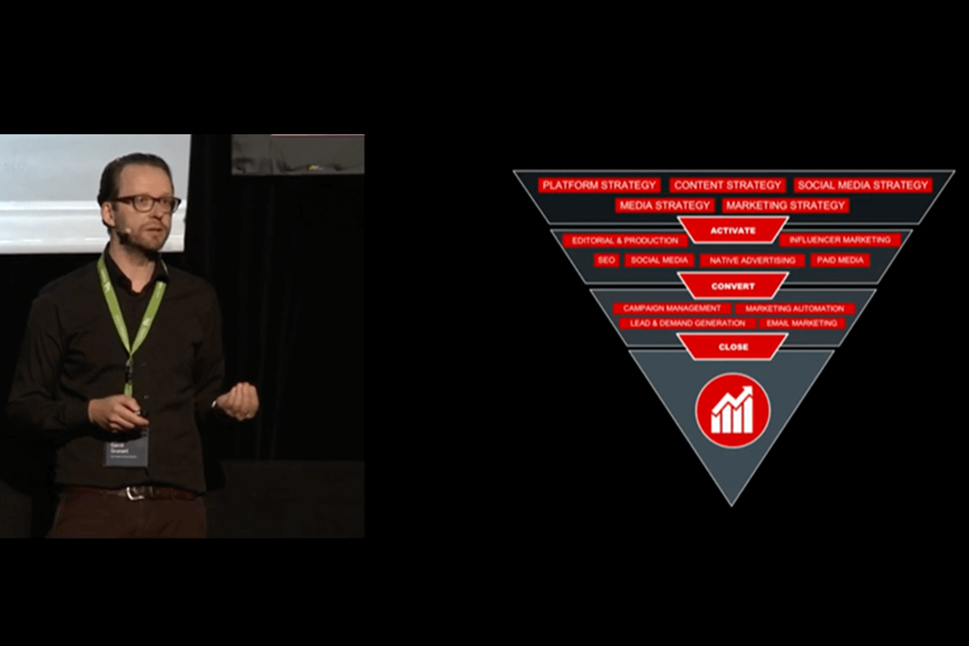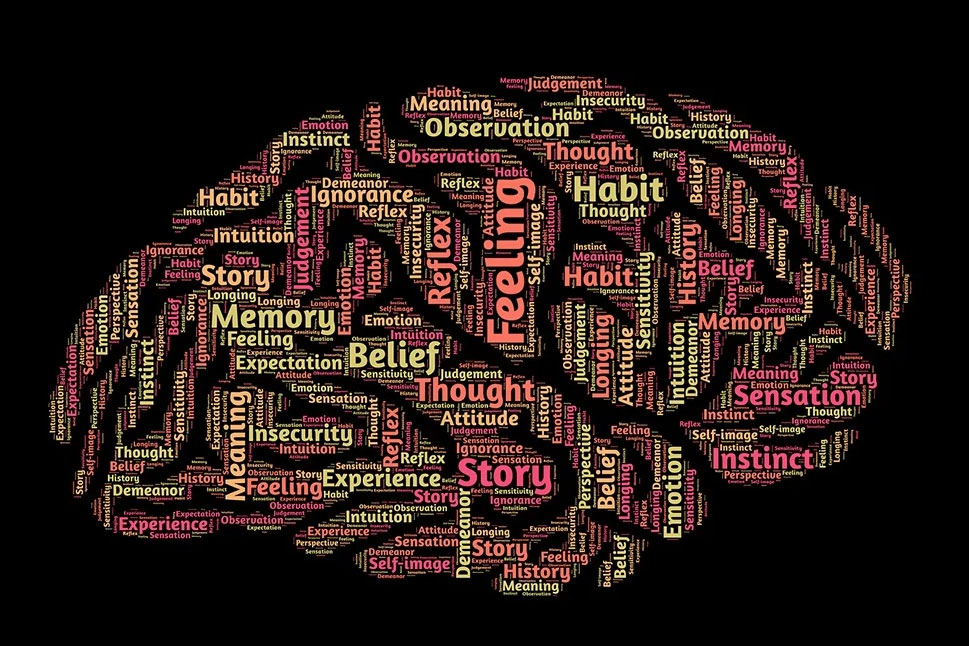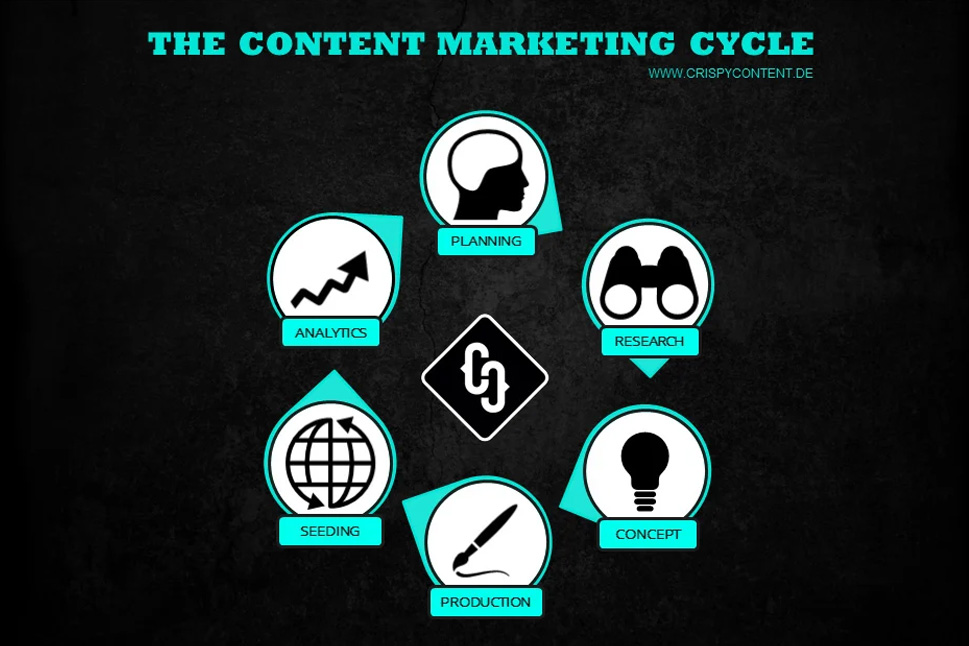Working with AI requires cultural understanding. More so, it necessitates a deep understanding of cultural nuances, tone, and style in your communication. This blog post illustrates how cultural backgrounds form the foundation for successful AI-supported marketing.

Why Human Expertise is Indispensable for Working with AI
Artificial Intelligence, especially large language models (LLMs), is based on analyzing and processing vast amounts of data. However, these models are only as good as the people who train and deploy them. The core question is: How do we train AI models to understand industry-specific language, tone, and style?
The answer lies in the symbiosis of technology and human expertise. While AI can analyze data and recognize patterns, it does not intuitively understand cultural subtleties. This is where humans come into play: They are the curators ensuring that AI-generated content is relevant, authentic, and targeted to the audience.
The Concept of the 'Cultural Corpus'
An LLM can be described as a vast network of connections between data points. This network forms a cultural memory—a 'cultural corpus.' AI tools establish connections between these data points. Understanding this treasure trove allows us to better steer AI in content production.
A practical example: Imagine creating content for a wine blog. To address a sophisticated audience, you must understand their cultural context. What media do they consume, and what expectations do they have for wine content? They might read gourmet magazines like "Gault Millau" or "Guide Michelin."
The LLM knows what topics, language, and tone are used in these magazines. If you know it too and are confident it resonates with your target audience, you can brief the AI accordingly. Your knowledge enables you to train the AI to write in the style of a gourmet author and hit the right tone.
The Role of Strategists
The success of AI-supported content critically depends on the work of strategists. They must understand cultural nuances and relationships so well that they can formulate the right prompts for the AI.
A counterexample:
While I am intuitively comfortable with written language and its nuances, I find it challenging to handle visual content tools like MidJourney. Terms like "HDR" or "Unreal Engine" are foreign to me because I lack the cultural background for this type of creative language. This deficit shows the importance of knowing and strategically using one's cultural foundation.
Training AI: A Cultural Partnership
Using AI tools is a creative process that requires both technical knowledge and cultural understanding. To unlock the full capabilities of AI, it must be trained with cultural references and contexts. This applies not only to creating texts but also to visual content that should emulate a specific style or aesthetic.
The primary task for humans is to find the right balance between technical efficiency and cultural authenticity. Only then can AI deliver results that are authentic and compelling.

Transform Your Marketing Organization
The future of marketing lies in the successful combination of human expertise and AI technology. If you want to transform your marketing organization to harness the full power of AI, we are your partner.
Contact us today—we will develop a strategy together that aligns your marketing goals with innovative AI solutions.
 Gerrit Grunert
Gerrit Grunert




















